In week three of Destiny 2: Season of the Haunted, Zavala tries and fails to overcome the grief and pain of losing his son. Crow and Caiatl are focused on their respective issues of shame and anger at their failures, but the pain that Zavala was going through hit me differently. Shortly after arriving back at the H.E.L.M., I listened to the optional dialog at the console near the Crown of Sorrow between Zavala and Amanda Holiday.
Amanda is human, not an immortal Guardian. She lost her parents before she came to the city and told Zavala how it was hard to remember their voices, even though it had only been years, not centuries, since losing them. It took everything I had to hold back my tears, hearing her story — because it had just begun to match my own.
A lost, forgotten sound
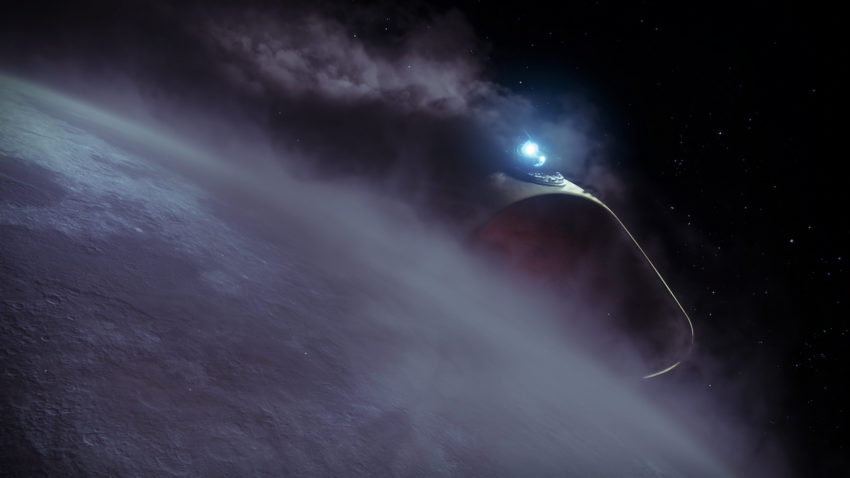
I lost my father late last year and haven’t truly begun to reckon with my own pain. It’s been months since I heard his voice, and the pictures we have around the house are sorry replacements for the real thing. I don’t remember Dad’s voice all that well either. Even though I have a single voicemail from him saved on my phone, I can’t bring myself to listen to it.
Neither Amanda nor Zavala have that luxury, and their pain is old. I’ve been without my father for less than a year, yet these two characters have been grappling with their grief for much longer. It feels somewhat selfish to even compare myself to them or anyone who still feels that level of pain after so much time.
It is that selfishness that’s pushing me to reconcile my fear of facing my pain with the reality that healing it will take longer than I’d like, and understanding that no one, no matter how strong, can escape their grief.
Places that help us remember
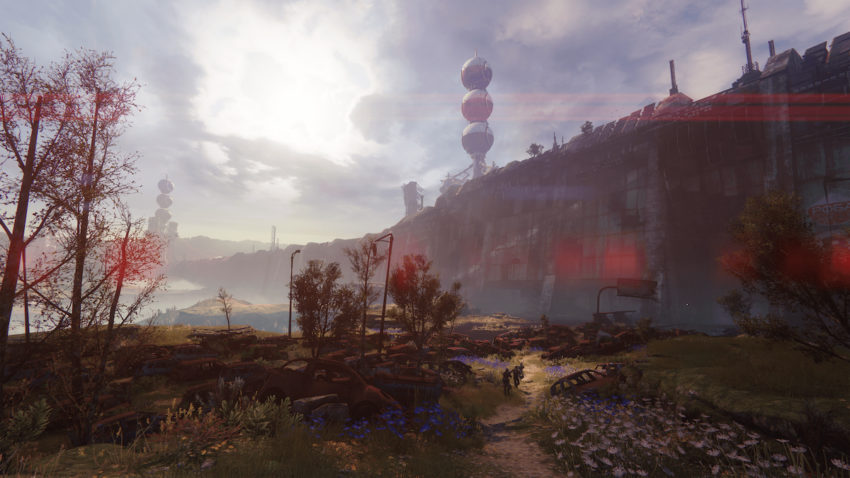
Destiny 2 is not the first game that’s given me pause, but it is the first to demand my full emotional attention. Looking back on my gaming history with my current experience, the title that made me think about loss the most was Call of Duty: Modern Warfare 3. I enjoyed very little about that game, but Price’s monologue about the tower in Hereford, where the names of the dead are inscribed, has stuck with me. Price mused about how important it was that we remember the names of the departed, even as their faces fade from our memory.
I will always be able to see Dad’s face. We have hundreds of pictures of him throughout the years. They clash with my memories, as memories are in motion; they live and breathe. A picture does neither.
Other games have dealt with similar issues of loss, sorrow, and coming to terms with our pain. Elden Ring, like many of FromSoftware’s games, grapples with the gap between what is and what was. However, it’s unique in its message of how hope endures even in the darkest moments. During the Frenzied Flame quest, Melina, your only constant companion besides Torrent, implores that you not seek out the ruinous flame. “However ruined this world has become, however mired in torment and despair, life endures,” she says. “Births continue. There is beauty in that, is there not?”
I cannot help but be moved by her entreaties. The pain we feel every day, for whatever reason, is no reason to give up hope. Losing my father will take me years to process, but the world, and my life, will continue, and I can find new joys. Not to replace where he once was, but to supplement what I still have.
The romance quests in Cyberpunk 2077, particularly Panam and Judy’s, show how while there is no cure for sorrow, if we confide in others and trust our loved ones with our hurt, they will move mountains to help. Panam has an entire ending dedicated to her efforts to do something for the man she loves, and Judy offers all the support she can muster. Even though all the characters’ efforts are ultimately futile, V comes to grips with their fate far easier for having loved someone deeply and for real.
Amanda asks Zavala if he wants to talk about his son at the end of the message. At that point, he wasn’t, but she then goes a step further, asking if she can simply sit with him in his office, quietly, and be together. By the end of Season of the Haunted’s story in Week 7, it becomes clear this sentiment — that we are never as alone as we feel — is central to healing. We might share different pain, but we can take comfort in easing that of our friends and family.
Remembering is the hardest part
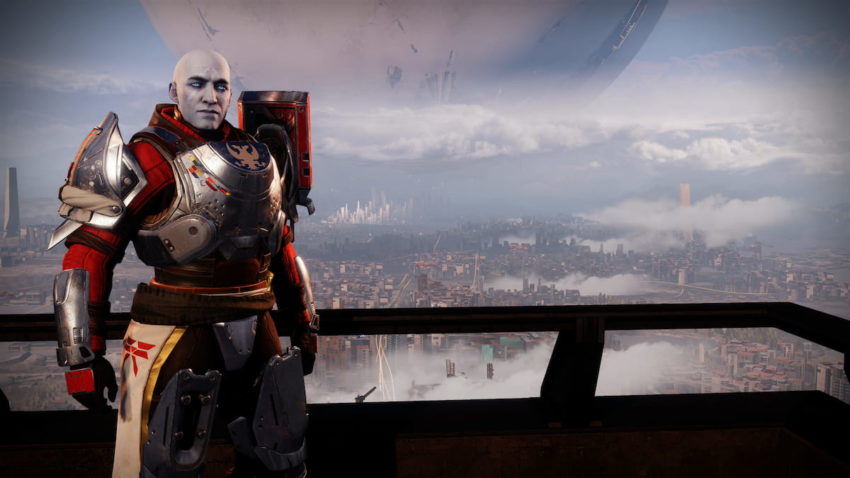
I’m still going through all the firsts that come with losing a family member: Christmas, Easter, Father’s Day. The last one, perhaps the hardest, is still to come: Dad’s birthday. I imagine we’ll visit his memorial again with his favorite whiskey close at hand. The dull ache in my heart will resurface, and, as I have before, I will try to escape it through games.
The difference now, however, is clear. Games are not just an escape from pain. They don’t just help us forget. Destiny 2’s Season of the Haunted has shown me they can also help us remember what it is to love, lose, and accept. We don’t need to be afraid of our pain, and we can use a character or a story in a game to filter our suffering, transforming it from sorrow into understanding.
Everything takes time
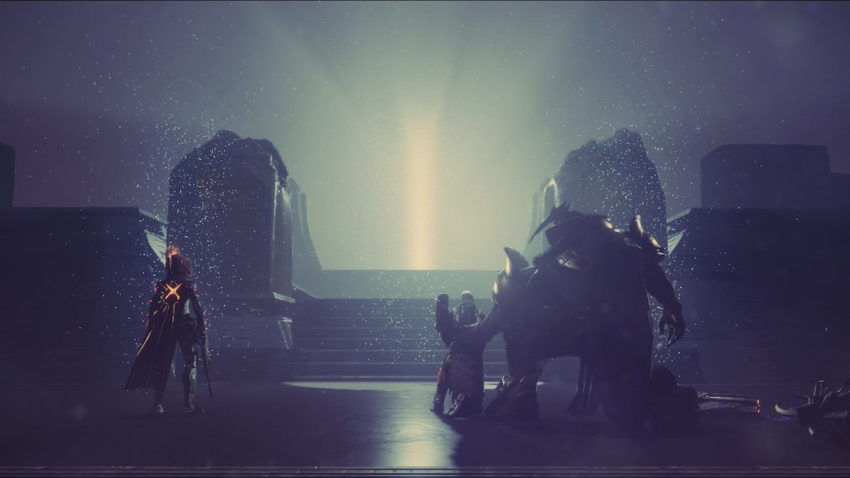
No healing takes place overnight, and if Zavala’s experience is to be believed, it can take centuries. In the hologram debriefing following the Sever – Forgiveness mission, Zavala muses on all the time he’s spent trying to save humanity with the weight of guilt on his shoulders. Eventually he concludes that “[Human] minds aren’t meant for this many years…we have a word for eternity, without the capacity to comprehend what it actually means.”
Amanda’s story is more in line with our reality. She’s been dealing with the loss of her parents for at least a decade, and everything is still fresh. She, like me, will be reckoning with her losses on a human timescale, but the hurt is no less real, we just have less time to deal with it, and less still to bury it beneath distraction and circumstance.
Her and Zavala and Caiatl’s journeys even crossed over into our world, with Bungie narrative designer Robert Brooks losing his mother suddenly during the development of Season of the Haunted. In an interview with GameSpot, he explained that “exploring these three different ways of approaching trauma helped kind of ready me for my own journey.”
I’m only now starting to accept that Dad’s not here anymore, and there’s plenty more grieving to do. But games like Destiny 2 show me the road to healing can come from anywhere, even if it takes one step at a time.

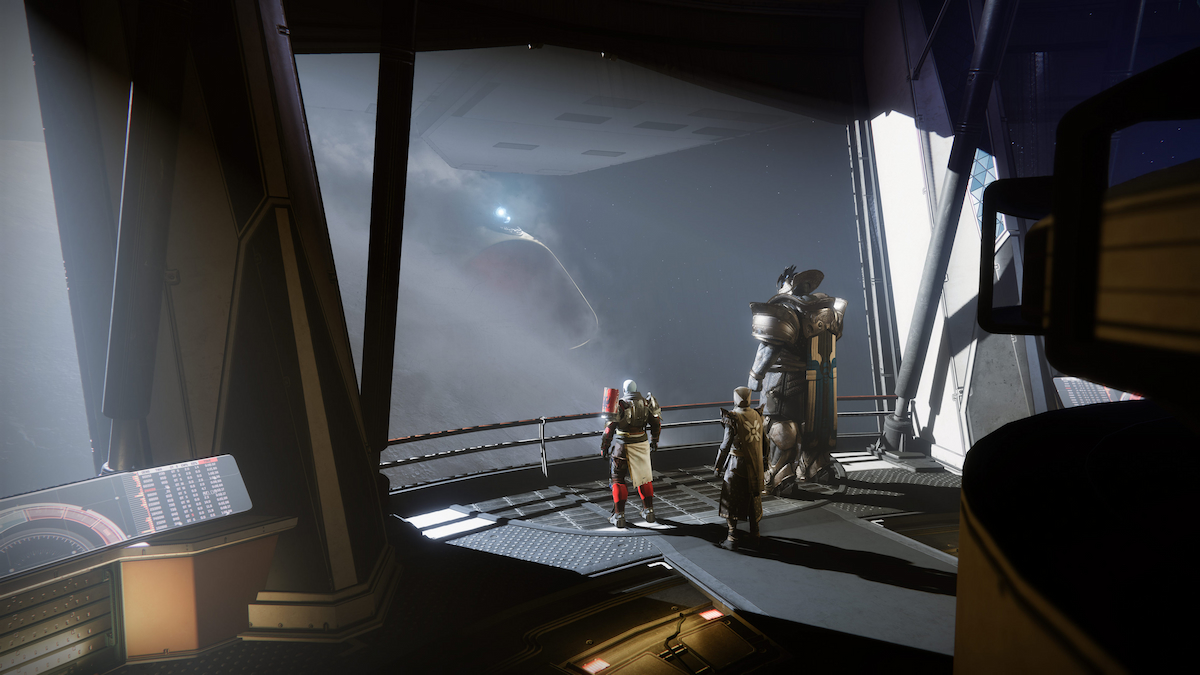
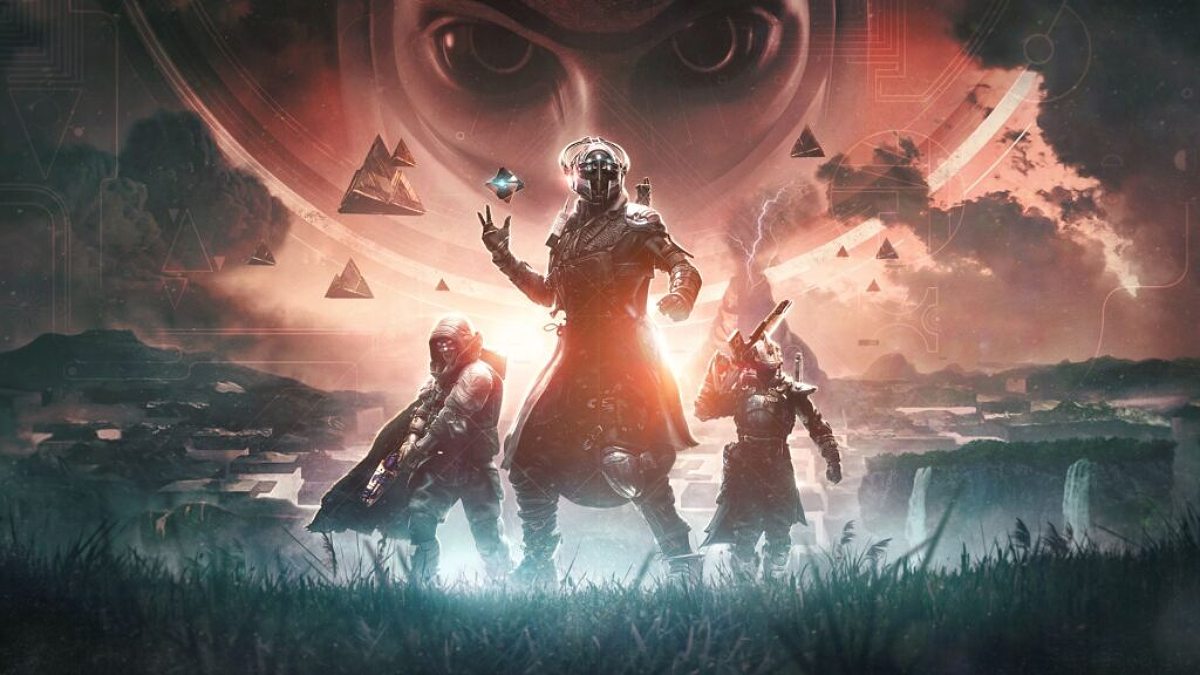
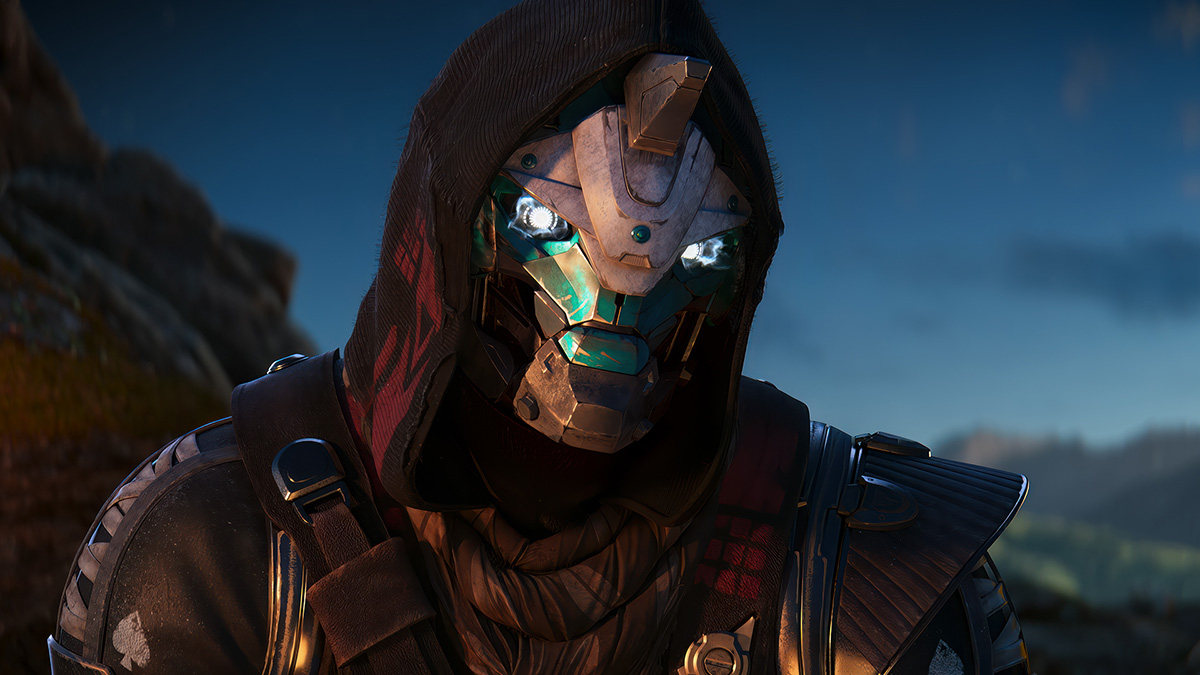

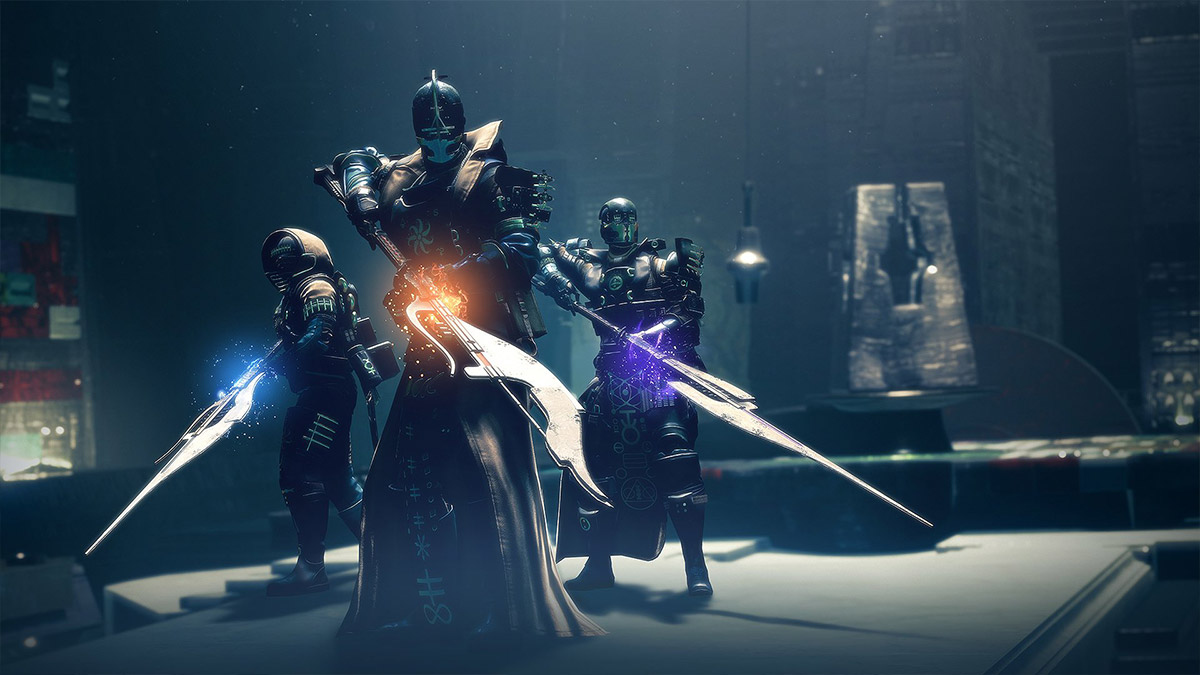
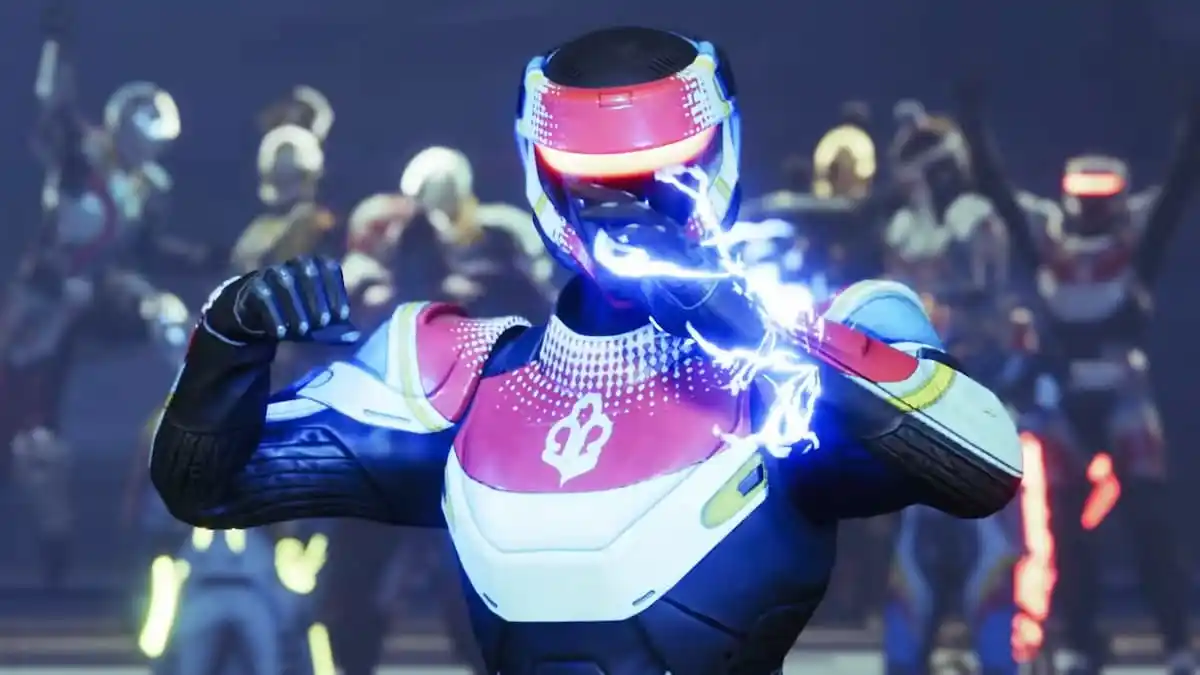
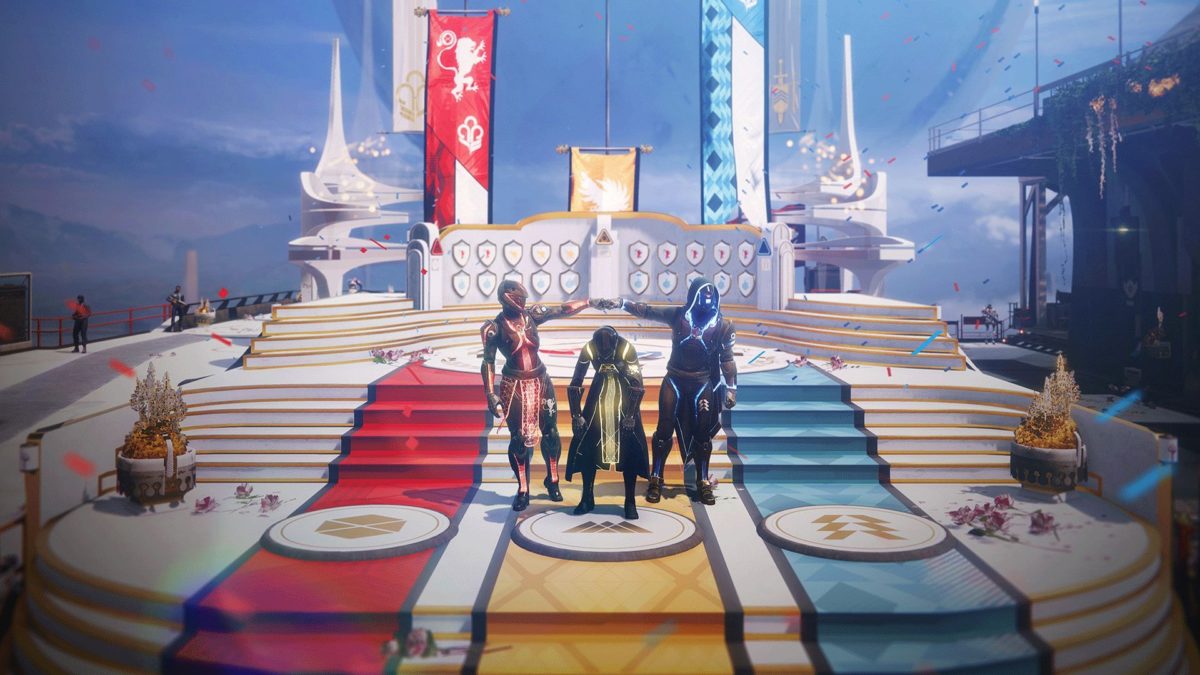
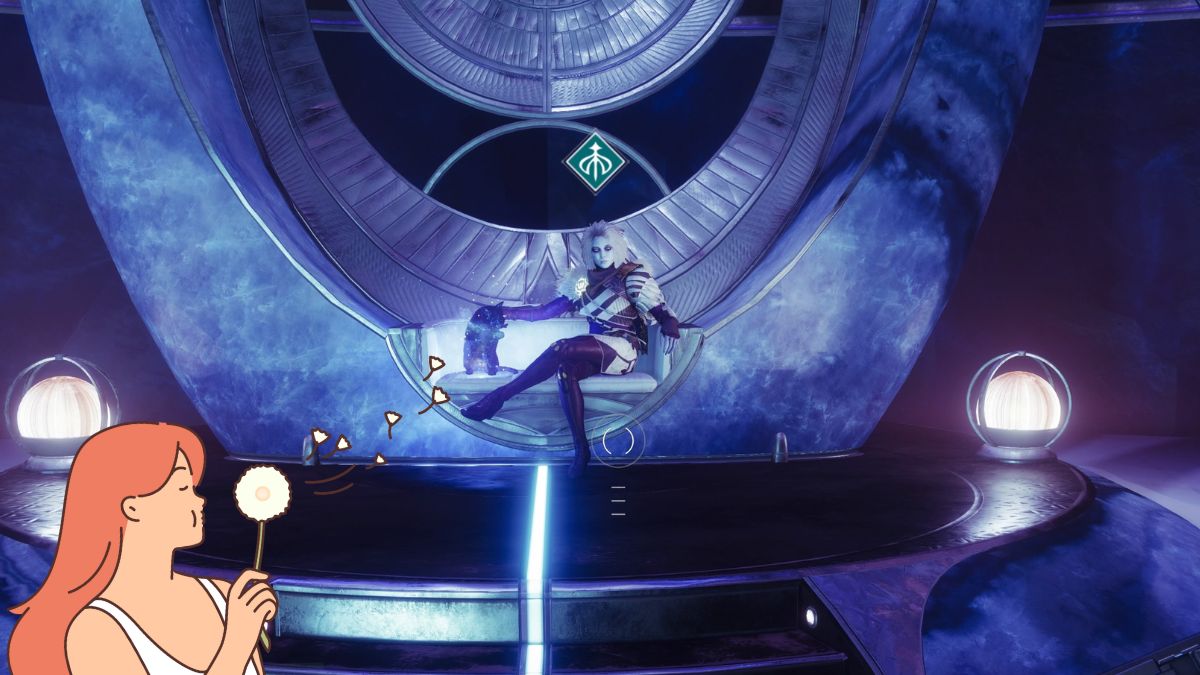
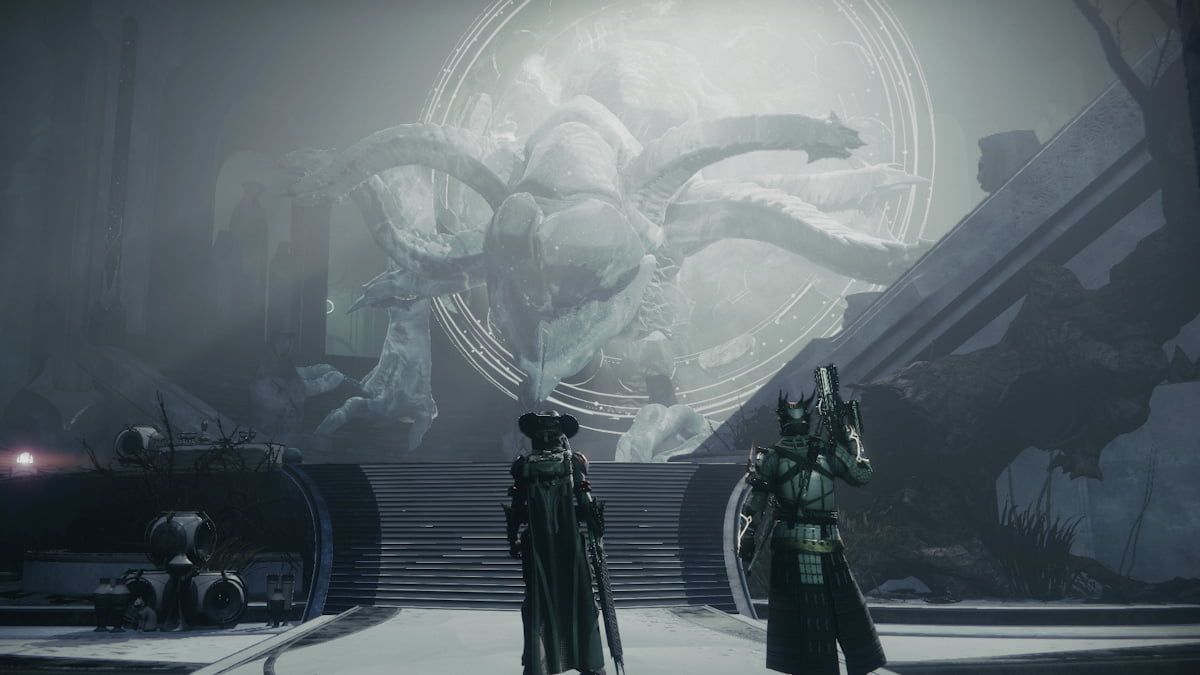
Published: Jul 8, 2022 09:00 am